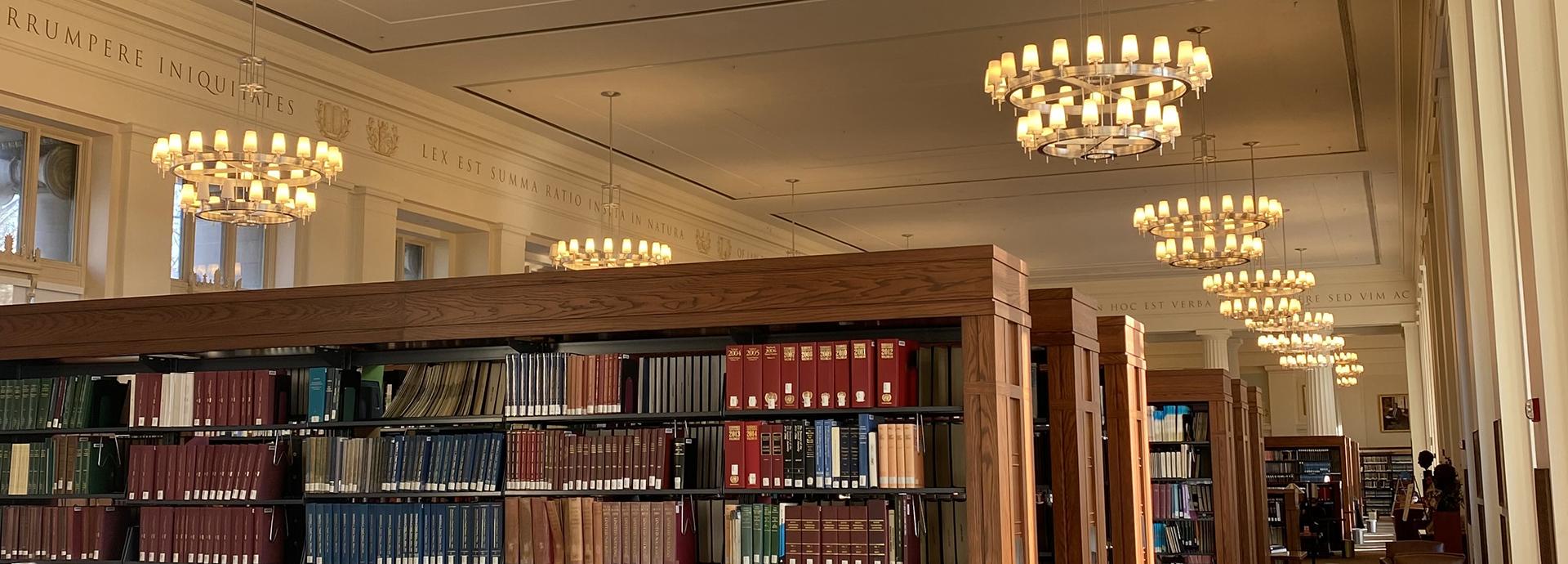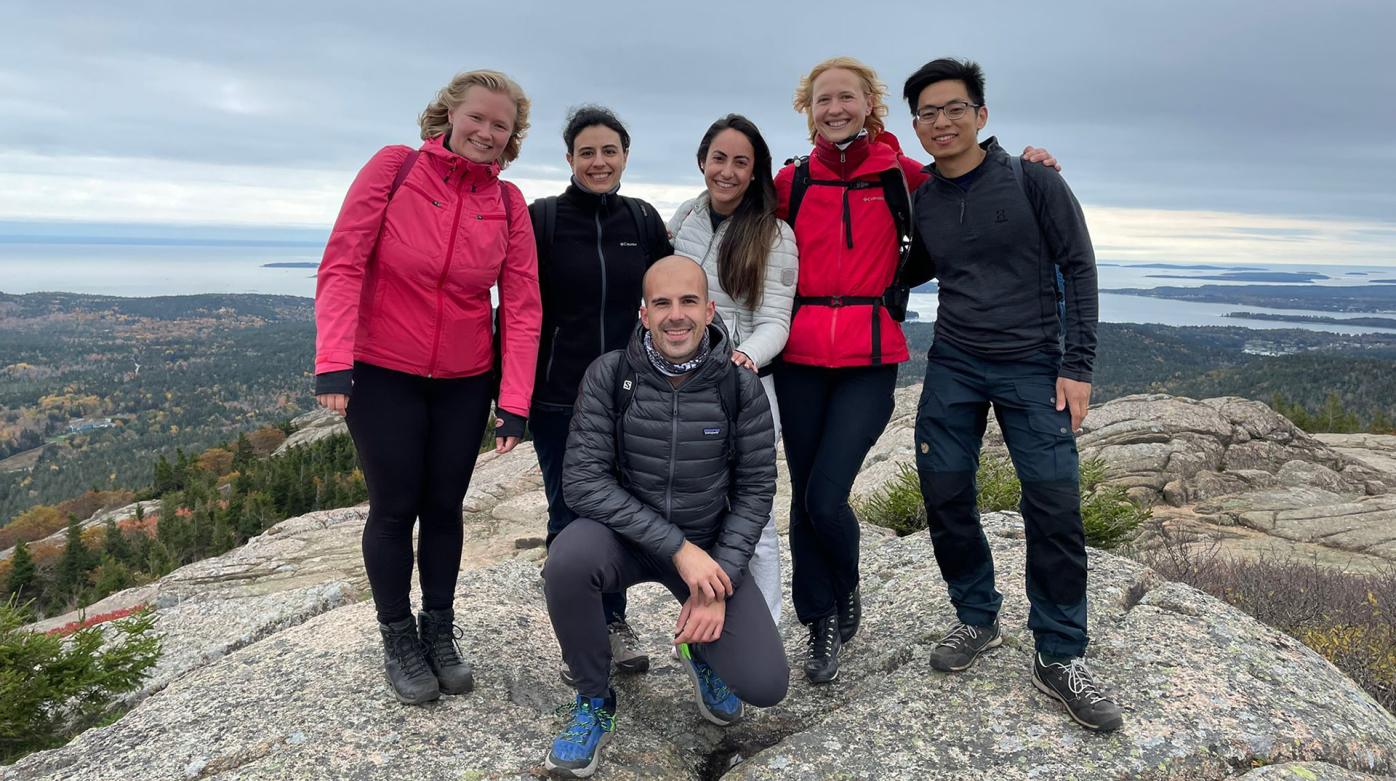

I vividly remember my first classes in the U.S. Instead of listening to the professor lecture, my classmates engaged in a dynamic conversation about the readings. No one seemed to be too shy to present their views on the topic and some even reasoned their thoughts by sharing their personal experiences, although we had just met each other.
I also remember spending three hours in a bank opening an account, as an extremely friendly bank officer recommended where to travel during my Fulbright year, wished me happy early birthday and gave me advice for studies and life in general. His helpfulness and genuine interest overwhelmed me, especially I was just starting to get used to the numerous “how are you?” questions from strangers.
Although I had thought that I would easily adapt to living in the U.S., the level of friendliness and openness caught me off guard. I soon realized that there are cultural differences between Finland and the U.S., but the overall similarity draws our attention away from them.
"Increased understanding not just towards others but also towards ourselves contributes to better dialogue and international cooperation."
The beauty of navigating through cultural differences lies in not only increasing mutual understanding, but also learning more about ourselves. While learning from other cultures, we get a better understanding of our own cultures. The biggest lessons I have learned about myself and the Finnish culture have occurred abroad and upon return to Finland. Increased understanding not just towards others but also towards ourselves contributes to better dialogue and international cooperation.

Based on my personal experiences, I have listed below five pieces of advice to help encounter cultural differences and make the most out of them.
Seek for deeper understanding
Have an open mind and be curious about other people. Remember that you can always politely ask why people act the way they do: such questions often lead to interesting discussions about cultural differences. You can also explain the reasons behind your behavior, especially if you notice that something you do raises eyebrows. Sharing knowledge about your culture and asking others to do the same helps to prevent misunderstandings.
Be prepared for multiculturalism
The U.S. is not just a melting pot: it is a diverse nation where various cultures and ethnicities are represented. Do not rely on stereotypes; rather, remember that everyone is an individual with their own history, experiences, and exposure to different kinds of cultures and habits. In the U.S., you are also likely to meet many first-generation immigrants and foreign students, which further diversifies your cultural experiences.
Embrace differences
If you feel frustrated about cultural differences, remind yourself that there is no right and wrong. Instead of judging, think what you can learn from the encounters. Sometimes it can be new perspectives or skills that you want to adopt for yourself, other times tools for interacting better with people who are different from you.
Have self-empathy and patience
Remember that adapting to a different culture takes time and can be hard. Cultural adaptation is often divided to four phases: honeymoon, frustration, adjustment and acceptance. It is natural that cultural differences become a source of frustration after the honeymoon phase is over. The good news is that it is often temporary. As time passes, you will learn to adapt to the differences (and even start to like them so much that there will be another culture shock when you return home!).
Turn cultural differences to your benefit
Cultural differences may open unexpected opportunities. For example, after noticing how open Americans generally are, I felt encouraged to ask for career advice from professors and start networking with alumni from my university. I have been repeatedly amazed by how willing the Americans are to help out! It has also been great to see how having something in common may create a strong a sense of collegiality. By keeping your eyes and mind open to cultural differences, you will end up in enriching situations and make the most out of your journey abroad.


